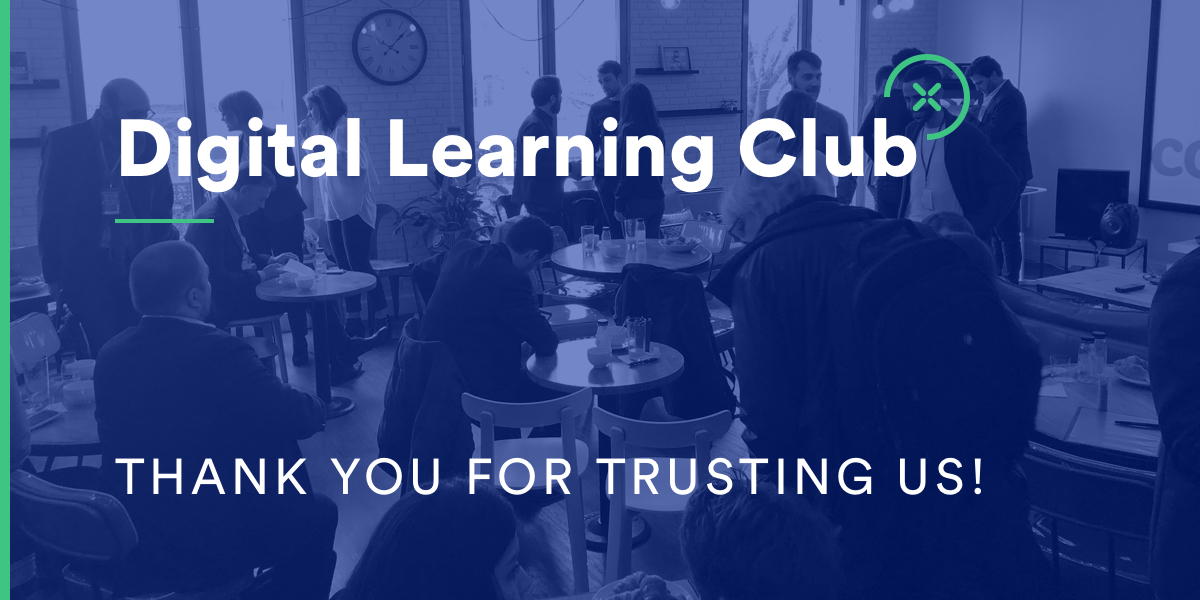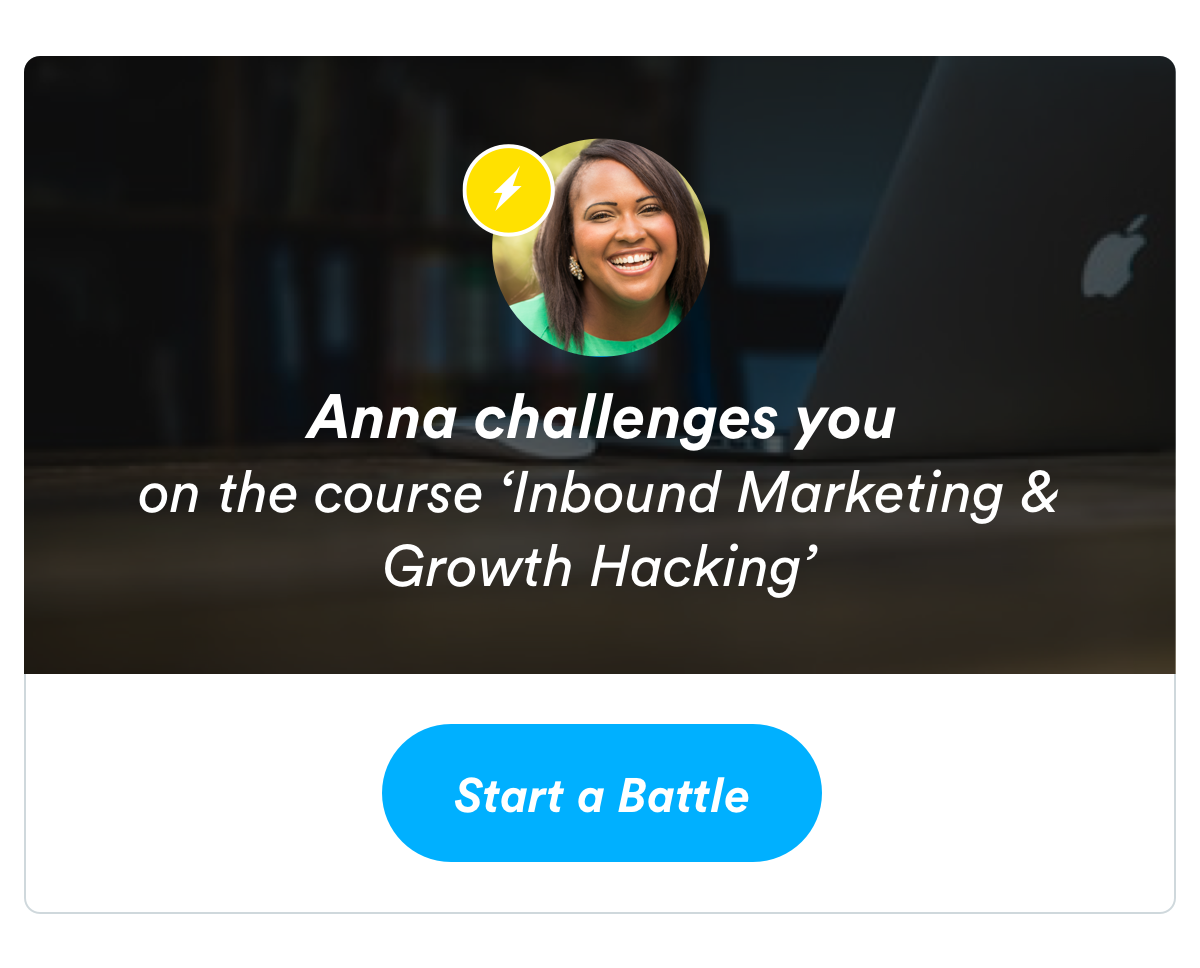To accelerate the upskilling of branch advisors and “deliver durable returns on investment for our customers in the long term”, BNP PARIBAS ASSET MANAGEMENT, the group’s division specialising in asset management, chose to complement its training package (in-class and online) with an innovative digital learning solution: the Digit’learning platform.
Developed by Coorpacademy and co-created with the company’s marketing department, the platform offers several training courses on BNP Paribas Asset Management’s financial products. 6,000 advisors have used the platform since 2018 to develop their expertise.
On the forefront of innovation, the company headed by Frédéric Janbon just announced the reinforcement of its commitment to sustainable investments.
We sat down with Sylvie Vazelle-Tenaud, Head Of Marketing For Individuals, Advisors and Online Banks, and Camille Lafon, E-Marketing Manager, who were kind enough to answer our questions.
What are your main functions within BNP Paribas Asset Management?
Our role is to conduct the promotion of BNP Paribas Asset Management products within the BNP Paribas group’s distribution networks and towards individual clients. We also provide our sales teams in different countries innovative digital marketing solutions to help them conduct efficient training and provide the right information for branch advisors.
What was the problem you wanted to solve with Coorpacademy? And what was your objective?
We wanted to increase the expertise of our branch advisors on BNP Paribas Asset Management products. Considering the number of people targeted (nearly 12,000 employees), we needed a solution that would complement the training and information provided by BNP Paribas Asset Management sales representatives in the field. The digital solution was the most efficient way to reach that objective quickly.
How do advisors become familiar with BNP Paribas Asset Management products?
We use two ways to help them build their expertise and learn on BNP Paribas Asset Management products.
The first way is conducted either through physical presence in the field or via web-conferences with BNP Paribas Asset Management sales teams in every country where BNP Paribas has a distribution network.
The second way is done remotely, with pedagogical videos, online learning modules and games on digital platforms deployed across the entire network worldwide (challenges for building virtual allocation portfolios, for example)
What did the Coorpacademy platform add to the equation?
The Coorpacademy platform provided innovation and pedagogy. It is different from traditional online learning thanks to its additional gaming aspect. It also offers flexibility in learning without being time-consuming, as the average duration of an entire learning journey is 20 minutes. Employees build their expertise in record time while having fun!
The learners seem to be open to playing and use the gaming functionalities a lot (over 70,000 battles have been initiated). Do you think gamification is a key success factor in acquiring expertise?
Yes, absolutely. We present the platform as a tool for gaining expertise with a gaming aspect. In our communication, we mainly highlight the functionality of “lives” (to complete a level, an employee has 3 lives, represented as hearts on the platform; one wrong answer and they lose a heart/life, after 3 wrong answers, they must start again with a new quiz). We also highlight the fact they can earn stars (stars reward the completion of a course: the ranking of employees is ultimately defined by the number of stars earned). This functionality enables us to generate emulation between employees and make them want to take the courses again. Conversely, we didn’t communicate very much about battles (a functionality on the Coorpacademy platform which lets a player challenge another one on a course, with stars to win for the player with the most correct answers) but the employees discovered that functionality on their own and loved it!
What are the main results you observed?
Lots of enthusiasm! User feedback is a good indicator:
- “Great digital initiative! Very good pedagogical approach.”
- “The platform is user-friendly thanks to the battles, much better than traditional online learning!”
- “Very clear, the videos are graphically pleasing, and just the right length!”
- “A way of revising that is quick and efficient, very succinct content, congenial platform.”
And once people are connected, the activation rate is high, the courses are often taken to the end, and the employees are even asking for more programs. The gaming functionalities are highly used and have a strong part in the enthusiasm surrounding the platform.
How do you create your tailor-made courses on the Coorpacademy platform?
We work according to the commercial calendar of each country and create upskilling programs designed to support the reach of pre-defined commercial objectives. At the marketing department, we define with the BNP Paribas Asset Management sales teams the content of the courses, which is then validated by the concerned distribution network. Once this step is over, the marketing team takes charge of the writing process of the scripts, makes suggestions for the videos, and everything is sent for production to Coorpacademy.
We generally launch one program per trimester in each country. We have already completed 10, and we have a dozen more in the pipeline for 2019!
Thank you very much!
Thank you!




